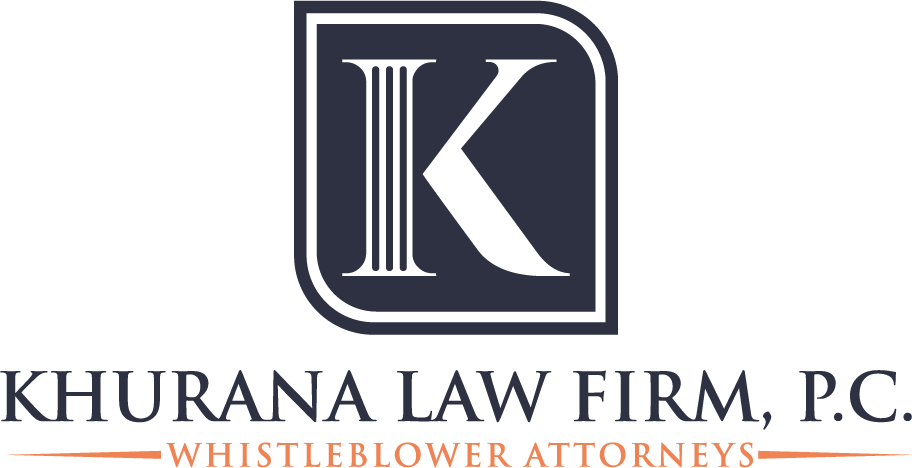Reporting Medicaid Fraud
Reporting Medicaid fraud occurs when individuals or healthcare providers intentionally submit false or misleading information to receive Medicaid benefits or payments that they are not entitled to. This type of fraud can take many forms, including billing for services that were not provided, providing unnecessary or excessive medical treatment, and misrepresenting patient eligibility.
If you suspect Medicaid fraud, it is important to report it to the appropriate authorities. Here are the steps you can take to report Medicaid fraud:
- Gather information: If you have information about Medicaid fraud, gather as much information as possible, including names, dates, and details of the fraudulent activity. Keep any relevant documents, such as medical records or billing statements.
- Contact the Medicaid fraud hotline: Every state has a Medicaid fraud hotline that you can call to report suspected fraud. You can find the hotline number for your state on the website of the Office of Inspector General for the Department of Health and Human Services.
- File a complaint with the state Medicaid agency: You can also file a complaint with the state Medicaid agency. Contact the agency to find out how to file a complaint, and provide any relevant information or documentation that you have.
- Contact an attorney: If you are a whistleblower with inside knowledge of Medicaid fraud, you may be eligible to file a qui tam lawsuit on behalf of the government. Contact an attorney who specializes in Medicaid fraud to learn more about your legal options.
Reporting Medicaid fraud is important because it helps to protect taxpayers and ensure that Medicaid benefits are available to those who truly need them. By reporting suspected fraud, you can help to prevent the waste, abuse, and misuse of Medicaid resources, and hold those responsible accountable for their actions.
When it comes to Medicare fraud, whistleblowers are the government’s first line of defense in the fight against prevalent fraud in the healthcare industry. Medicare fraud is a huge waste of taxpayer dollars and can ultimately lead to inappropriate care for innocent individuals. Even with the assistance of numerous whistleblowers and lawsuits and the recovery of billions of dollars, there are still billions that are never detected or recovered.
If you have become aware of a scheme meant to defraud the Medicare program, you may be able to act as a whistleblower. The experienced whistleblower attorneys at Khurana Law Firm can help.
Using tools like the federal False Claims Act or state false claims acts, the legal system has been able to hold healthcare providers who use fraudulent practices to steal from essential agencies like Medicare accountable. Using important whistleblower laws, individuals who come forward to report fraudulent activity have been critical in our nation’s fight to combat healthcare fraud.
The Prevalence of Medicaid Fraud
Reporting Medicaid fraud is a significant problem in the United States, and it affects both patients and taxpayers. Reporting Medicaid fraud is a joint federal and state program that provides healthcare coverage to low-income individuals and families. Fraudulent activities can take many forms, including billing for services that were not provided, providing unnecessary or excessive medical treatment, and misrepresenting patient eligibility.
According to the National Health Care Anti-Fraud Association, healthcare fraud costs the United States tens of billions of dollars each year, with reporting Medicaid fraud being a significant contributor to this problem. Fraudulent activities not only cost taxpayers billions of dollars each year but also put patients’ health and safety at risk.
Some of the most common types of Medicaid fraud include:
- Billing for services that were not provided or were medically unnecessary.
- Upcoding, which involves billing for more expensive services than were actually provided.
- Unbundling, which involves billing for each component of a service separately instead of as a bundled package.
- Kickbacks, which involve offering or receiving something of value in exchange for patient referrals or other business.
Medicaid fraud not only costs taxpayers and patients money but can also put patients’ health and safety at risk. For example, unnecessary medical procedures or treatments can cause harm to patients, and fake or counterfeit drugs can be dangerous or even deadly.
To combat Medicaid fraud, the federal government and states have implemented various measures, including the creation of anti-fraud units and the use of data analytics to identify and prevent fraudulent activities. Additionally, the government offers rewards to whistleblowers who come forward with information about fraudulent activities, which can help to deter and prosecute those engaged in Medicaid fraud.
Overall, the prevalence of Medicaid fraud highlights the need for continued vigilance and action to protect patients and taxpayers from the harmful and costly effects of fraudulent activities in the healthcare industry.
Unfortunately, reporting medicaid fraud is easily perpetrated against huge government healthcare programs such as reporting medicaid fraud. While systems for billing the program are meant to be easy and efficient, they are also easy targets for fraud. Unfortunately, undeserving providers can enter the system. Even large, well-known Medicare Advantage programs have been found defrauding the system to obtain higher reimbursements from reporting medicaid fraud.
A Medicare whistleblower is someone who is aware of fraudulent activity and agrees to come forward to file a civil lawsuit against the entity or provider committing the reporting medicaid fraud. This is usually done under the federal False Claims Act or a similar state act. The government has the right to enter into the suit in order to recover its losses, or the individual whistleblower can go forward with the suit alone. There are substantial rewards available to these individuals if the lawsuit is successful.
Who Can Act As a Medicare Whistleblower?
When an employee of a healthcare facility, institution, organization, provider, or outside contractor or consultant becomes aware of activity meant to defraud the reporting medicaid fraud program, they have rights and protections under the law. But convincing the government to pursue these cases requires substantial evidence. Consequently, most whistleblowers are individuals who work within the company or organization they are reporting. Because these individuals have inside information regarding the fraudulent activity, their chances for success are much greater.
These individuals are eligible to receive rewards of between 15 percent and 30 percent of any reporting madicaid fraud funds the government obtains in the suit, providing the information they report is original information that leads to successful prosecution. Furthermore, these individuals are protected under the False Claims Act from any retaliation by their employer.
Whistleblowers have filed lawsuits under the False Claims Act for many types of fraudulent activities, such as
- Billing for unnecessary services
- Billing for things that were not used
- Unbundling services
- Upcoding services
- Chart mining
- Fraudulent risk adjustments
- Misdiagnosing
- Improper reporting
- Kickbacks
- Providers who are financially incentivized
- Illegal pharmaceutical marketing
- Compliance failures
- Pharmaceutical diversion
- Collusion
- Improper treatment of nursing home residents
If you are aware of activity that is used to defraud the federal reporting medicaid fraud program, you should get legal advice concerning your next move. At the Khurana Law Firm, P.C., our experienced whistleblower attorneys have dedicated our careers to representing those courageous individuals who come forward to report Medicare fraud. To get professional legal guidance, call us at (888) 335-5105 or contact us online to schedule a confidential, no-cost consultation.




